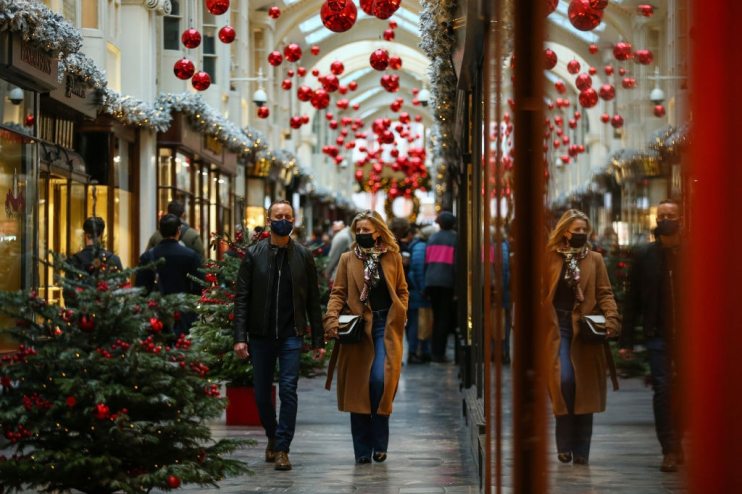Rail strikes had ‘deeper than expected’ impact on bars

Rail strike chaos over the past week had a worse impact than anticipated on clubs and bars, according to one industry group leader.
Rail staff walked-out over pay and conditions last week, with dates falling on Tuesday, Wednesday and Friday and Saturday.
Hospitality bosses had urged union leaders and rail firms to hash out a last minute solution in order to swerve industrial action hitting the sector on its busiest week ahead of Christmas.
The Night Time Industries Association (NTIA) said feedback from its members across the UK suggested that action by rail workers had had a “deeper impact than expected.”
Businesses had seen more than 50 per cent downturn in trade on what is usually the busiest weekend of the year amid the Christmas party season.
Strikes, including on the rail network, hammered the nighttime industry to the tune of an estimated £2bn in lost revenue, the NTIA estimated.
Bars had been hoping to reap the rewards of their first festive trading period not hindered by Covid restrictions in three years.
As club and bar operators grapple with rising bills, the current trading environment for hospitality businesses was “untenable,” according to chief executive of the NTIA Michael Kill.
Ministers must extend energy bill relief for firms and look at further financial aid for the sector “to avoid a huge swathe of businesses going into insolvency in January,” Kill added.
The founder of the Nightcap cocktail company, Sarah Willingham, said she had been “disgusted” by the timing of the walk-outs this month.
Willingham, who oversees the Barrio, Adventure Bar Group and Cocktail Club brands, said the dates of the industrial action had been “a step too far” and warned thousands of jobs could be on the line.
Last week, London Bridge bar Amazing Grace shed £50,000 due to cancelled Christmas parties, with Sammie Ellard-King from the venue saying staff’s lost hours was “really upsetting”.
City cabaret club owner Alex Proud said his venue was sold out every night a month ago but had lost £30k in 24 hours due to the action last week.
After three years of Covid-19 disruption, Proud said he was “in shock” that the industry was “now being hit again.”
Fresh figures from the ONS last week revealed 400,000 working days were lost to strikes in October, the highest since November 2011.